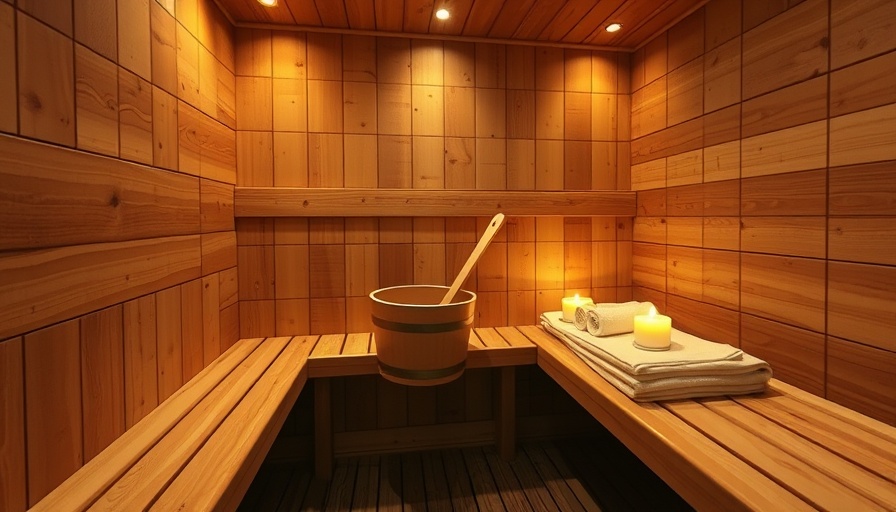
Creating Your Own Personal Retreat: How to Build a Sauna
Saunas have long been revered for their ability to provide relaxation and relief from muscle pain. If you’re curious about how to build a sauna like a pro, you’re in the right place! Constructing your own sauna is not as daunting as it may seem, especially if you have the right materials and a suitable location.
Step-by-Step Guide to Building Your Sauna
Ready to get started? Here are the essential steps:
- Prepare Your Space: Start with your walls and subfloors. Make sure that your chosen spot is well-suited for a sauna’s needs.
- Electrical Needs: Install a wiring system for lighting to ensure a pleasant ambiance.
- Insulate and Vapor Barrier: Use quality insulation to keep the heat in, paired with a vapor barrier to protect your structure.
- Paneling: Begin installing wood paneling to create that warm sauna aesthetic.
- Heating Element: Install your selected heater source—choose from wood, electric, or infrared.
- Add the Finishing Touches: Finally, include benches and install the sauna door.
Choosing the Right Type of Sauna
Now that you know how to build a sauna, which type is best for you? Here are a few options:
- Wood-Burning Sauna: These traditional saunas use wood stoves and can cost between $3,000 and $4,500.
- Electric Saunas: Convenient for urban settings, electric saunas range from $3,000 to $5,000.
- DIY Infrared Sauna: Affordable and easy to assemble, infrared options typically cost around $1,300.
- Steam Room Saunas: These humid heat alternatives are ideal for lung health, with installation costs ranging from $4,000 to $6,000.
Why Building a Sauna is Beneficial
Not only do saunas offer physical benefits, such as improved circulation and muscle relaxation, they also create a serene escape in your home. As you engage in the process of creating a sauna, you’ll discover a sense of accomplishment and rejuvenation.
So why wait? Consider constructing your own sauna today! You’ll enjoy the luxury and convenience of having your personal getaway right at home.
 Add Row
Add Row  Add
Add 




Write A Comment